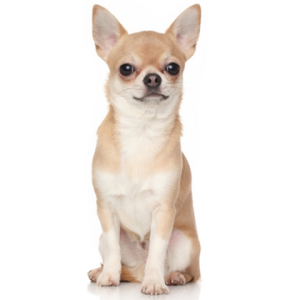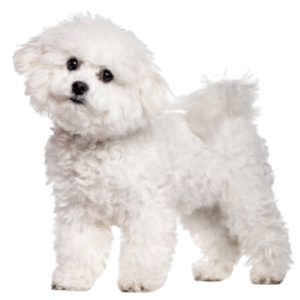Why compare pet insurance with Savvy?
100% free
Our comparison service is free to use, providing you with a range of pet insurance quotes at no cost.
Compare in two minutes
You'll be able to compare offers online side by side in a matter of minutes before you buy.
Choice of insurers
We’ve partnered with a range of pet insurers to give you more choice when selecting a policy.

















